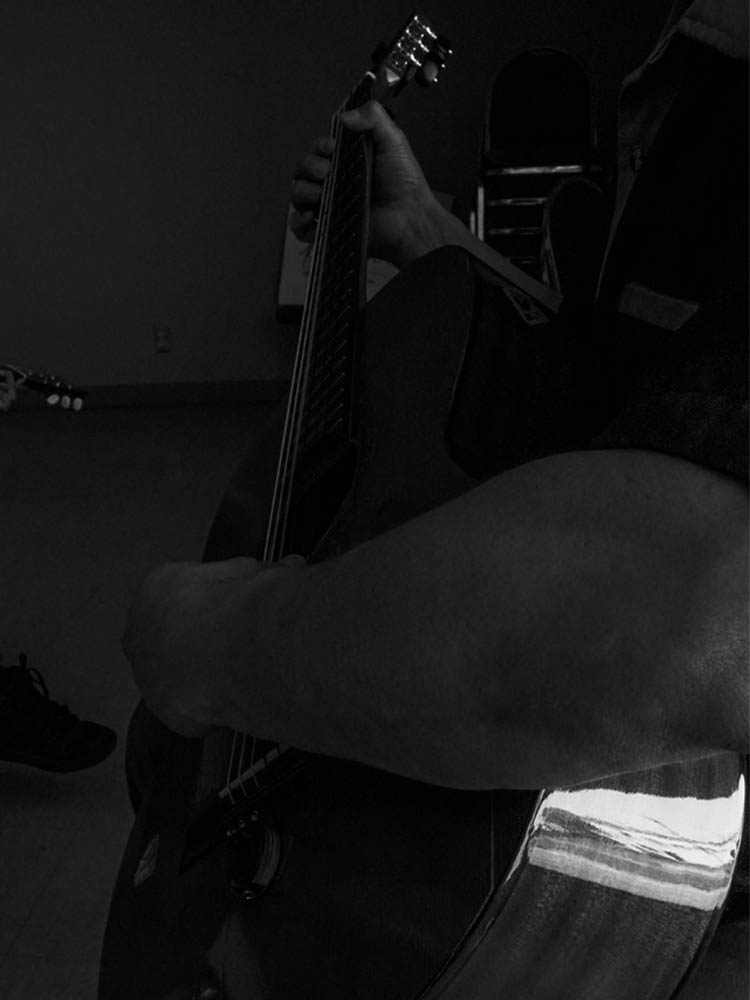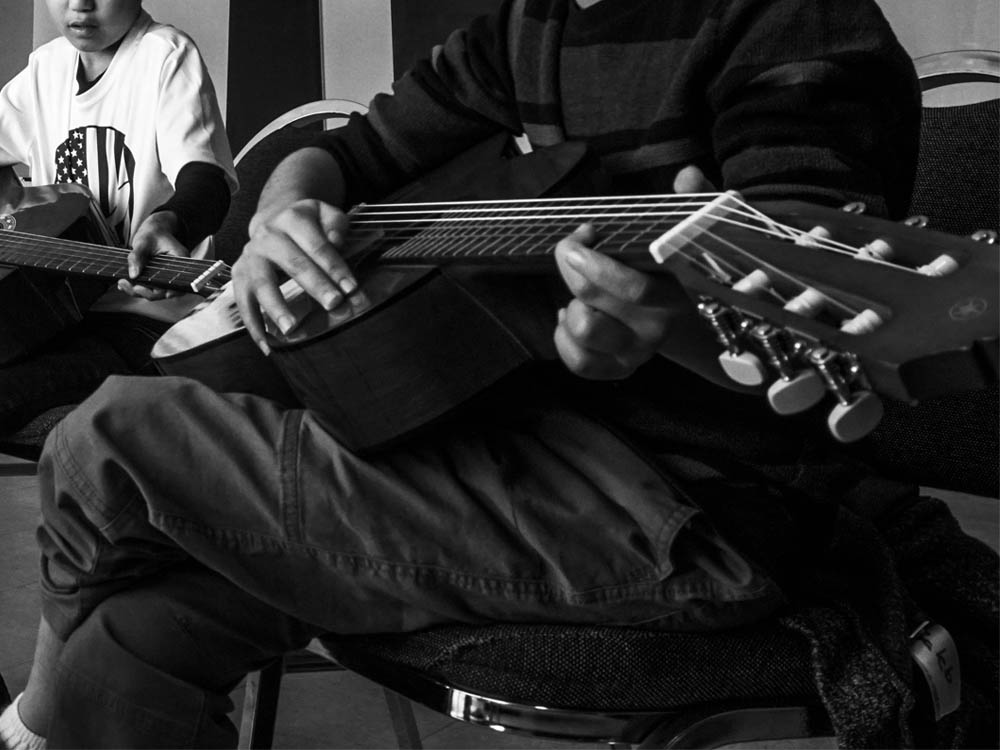Better Math Performance
The connection with Math and Music is well known. Music will help children improve their ability with math computations. There have been several studies about the connection between music and math. Such research implies that since the mind processes music the same cortical regions as they do when trying to master math.
Improves Coordination
In order to learn a musical instrument like the guitar, children will have to learn good hand-eye coordination, which will take time to develop. As they learn to read guitar music and simultaneously convert what they’ve read into specific motor patterns, they will improve coordination which can make multi-tasking easier across the board.
Boosts Their Confidence
The right guitar teacher will help their students to develop small goals in music. Learning best practices and learning how to read sheet music, then playing line by line, until eventually they can master a song completely. The feeling children receive from that accomplishment is unreal and will help them to feel great about who they are and what they can achieve if they put their minds to it. It helps them believe in themselves and what they can accomplish. As we all know, confidence and high self-esteem are important factors to various aspects of life.
Sharpens Concentration
When learning the guitar, students will have to focus in order to execute the musical piece. There’s a lot going on when you’re playing the guitar. Students will have to learn how to do a multitude of things simultaneously from reading music, finger placement, pitch, rhythm, and more. The more they practice, the more they focus and concentrate.
Creative Expression
Once the student learns how to play the guitar and a couple of chords, it becomes easier to let loose and express themselves creatively. Playing melodies and/or chord progressions will help express themselves to what they’re feeling inside can be a rewarding therapeutic release.
It’s Fun
Playing guitar is a lot of fun! Though there will be learning challenges as the student gets the hang of the basics, the idea of setting goals, achieving them, and making great music among a group of their peers is awesome and very rewarding and a lot of fun.
In conclusion, there are many lessons in playing guitar, many of which can be utilized to improve their performance in school and life in general. If you think playing the guitar might be something your kids are interested in, allow them to try out playing guitar and experience the fun!


